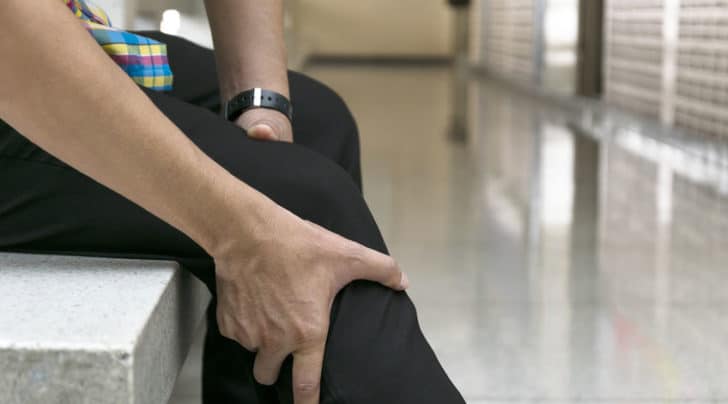
Woah… My knee popped— what going on?
Knees that snap and pop are very common and are a common reason for you to seek out an expert opinion. I often see people because their knee popped and now the knee is swollen. Sometimes, I see patients without an injury, but one day out of the blue their knee started making these unusual sounds.
Some of you may have painful popping or grinding of their knee. Most of you have knee grinding, popping, or snapping but do not have knee pain. Alternatively, some of you might recall an injury, but most of you will not remember being injured. In many cases, your knee simply started popping or snapping one day. Not all cases of knee popping require treatment, but some do. You’re nervous that something is wrong inside your knee. Let’s dive into the most common causes of knee popping and snapping.
My Knee popped, should I be worried?
The vast majority of people with grinding or popping in their knees do not have pain and most do not need to worry. But some have had new or older injuries and now your knee pops. There are three basic groups we see who complain of their knee making a popping sound.
- As we age the surfaces in our knee are no longer as smooth as they were when we were 16 years old.
- There are some people who develop popping when they are young, despite the absence of an injury. They may have a problem, these knees should be evaluated by a sports medicine doc.
- Some of you had an actual injury. You twisted your knee or you were struck by someone else. Your knee popped initially at the moment of impact, and it continues to pop. This third group is also a group we should examine in the office. As we go deeper into this post we are going to walk through the most common causes of knee popping, with and without preceding trauma.
As an aside… grinding or clicking is not the same as popping. Grinding is almost never worrisome. There are some interesting scientific studies that show that people whose knees grind, and click become very fearful. They worry that the clicking or grinding in their knee means that they are wearing away their cartilage. They worry that this means that they will develop osteoarthritis of the knee. For the vast majority of you, your knees are grinding or clicking (what we refer to as knee crepitus) because of normal structures moving around in the joint. That means that this will not cause osteoarthritis. There are MRI studies which showed that the sound we make when we crack our knuckles is caused by gas bubble expansion. That is not dangerous. There are studies that show that normal joint fluid moving within our knees can cause clicking. Again, that is normal.
Now, there are those of you who might have painful snapping or popping in your knee. Let’s explore some of the more common reasons for painful knee clicking, popping, and snapping.
What Makes Our Knees Snap and Pop?
Our knee joint is composed of three bones — the end of the femur or thigh bone; the top of the tibia or shinbone, and the patella, or kneecap. The knee is supported or held together by a number of ligaments. The knee moves because of a number of large strong muscles and tendons that cross our knee joint. Deep inside our knee, we have two meniscus discs that provide shock absorption.
All of the structures I mentioned can be damaged by activity, trauma, injury, or simple degeneration over time. Many injuries to the knee structures mentioned above can cause snapping and popping of your knee.
The most common causes of knee popping and snapping:
- Anterior cruciate ligament tears. ACL tears are a serious knee injury. ACL tears often occur as a non-contact injury. Most often a player is turning or pivoting and they felt a pop. Soon after the knee will swell and it will be hard to walk. You should be evaluated if you had an injury and your knee popped. Some people are walking around with chronic ACL tears. They didn’t realize they had a severe injury, and eventually, when the swelling went away, they returned to playing soccer or lacrosse. Now, every time they pivot or go to change direction their knee pops. That’s because the knee is unstable.
- Chondromalacia: This is a condition where the cartilage under your kneecap is starting to soften, and occasionally develop cracks and some loose pieces. As the cartilage degenerates the surface can become rough. That rough surface will rub against the femur and cause snapping, clicking, or popping. Most cases of chondromalacia do not require surgery. Often times the pain and popping on the front of the knee will subside over time. Now that might take a few months. Physical therapy is often very effective in treating pain in the front of the knee. Click here to read more about chondromalacia.
Notice the fissures and irregularity of the cartilage surface.
- Meniscus tears: The two menisci are located between the end of the femur and top of the tibia. They are C-shaped discs that help support the knee and protect the other cartilage surfaces at the end of the femur. Because a meniscus is between the two bones of the knee, a torn meniscus with a loose flap can easily cause the knee to snap, pop or crack with turning, twisting, and squatting. Many of us have complex or degenerative meniscus tears. The pain and popping will often subside over a few months, and surgery is rarely needed. If, however, you have a flap, or bucket handle tear then an arthroscopy might be needed to reduce and fix these tears to stop the clicking. Click here to learn more about the various types of meniscus tears?
- Cartilage Defects:
The bones of our knee are covered by a thick smooth layer of “articular cartilage”. Injuries and certain diseases like Osteochondritis Dessicans (OCD) can cause defects or holes to occur in the cartilage layer. If you have a cartilage defect then the surfaces of your knee are no longer smooth, and your knee is likely to pop, snap or grind.This is an uncommon cause of painful snapping in the knee. Many of these traumatic cartilage defects are now treatable. I have written fairly extensively about those procedures. Procedures such as MACI are making it easier to heal cartilage defects or injuries. Click here to learn more about cartilage defects.
Cartilage damage from untreated ACL tear - Kneecap Dislocations: Dislocations of the kneecap or patella are far more common than we used to believe. If you were participating in a sport, twisted, and felt a pop then there is a chance that your kneecap dislocated. Most people who have a twisting injury and felt a pop were assumed to have had an ACL tear. We now know that a number of you have had a patella dislocation. Often times the patella will go back into place spontaneously, so the knee may look normal, or slightly swollen immediately after the injury.
Earlier I mentioned that there are some young folks who have popping but never had an injury. That’s because some of you were born with a predisposition for a patella dislocation. That means that the shape of your bones or the looseness of your ligaments make it more likely that the patella will dislocate— without any injury.
The patella or kneecap sits in a groove on the front of your femur. It should sit perfectly centered within that groove. Sometimes the patella tilts to one side, or sometimes it slides out of the groove completely. We cover patella dislocations and patella malalignment as a cause of knee popping in this post. This is a very complex issue that requires an evaluation by an Orthopedist who specializes in disorders of the patella and mal-tracking or instability disorders.
- Plica syndrome: A plica is a small fold of tissue inside your knee. Many people have a plica, but very few have snapping or pain. Over time and with chronic repetitive stress a plica may become thicker and more inflamed. If a plica becomes thick and inflamed it may cause painful snapping on the inner side of your knee. Read this post on plica syndromes for more.
- Osteoarthritis: By definition, osteoarthritis implies a degeneration or “thinning” of the cartilage you have on the ends of your bones. Normal cartilage is incredibly smooth. As arthritis progresses the cartilage will undergo changes that cause significant roughness to the surfaces of the knee. Sometimes the cartilage can even peel off the bone leaving a defect or crater in the cartilage. As the ends of your bones move on one another, any irregularity in the surface can cause snapping and popping within the knee. Many find that wearing a compression sleeve significantly diminishes the pain of arthritis.
If your knee popped after an injury, you should see a Sports Medicine Doc. If your knee pops and you know you have some arthritis, this may simply be a manifestation of arthritis, and should not be worrisome. Clicking, as I had mentioned, is often less worrisome and very rarely is associated with something that requires surgery.
There are many less common causes of knee snapping and popping. The issues mentioned above usually cause painful snapping and popping within the knee. If you have painful popping, snapping, and swelling you should see your doctor.
Update November 1, 2020

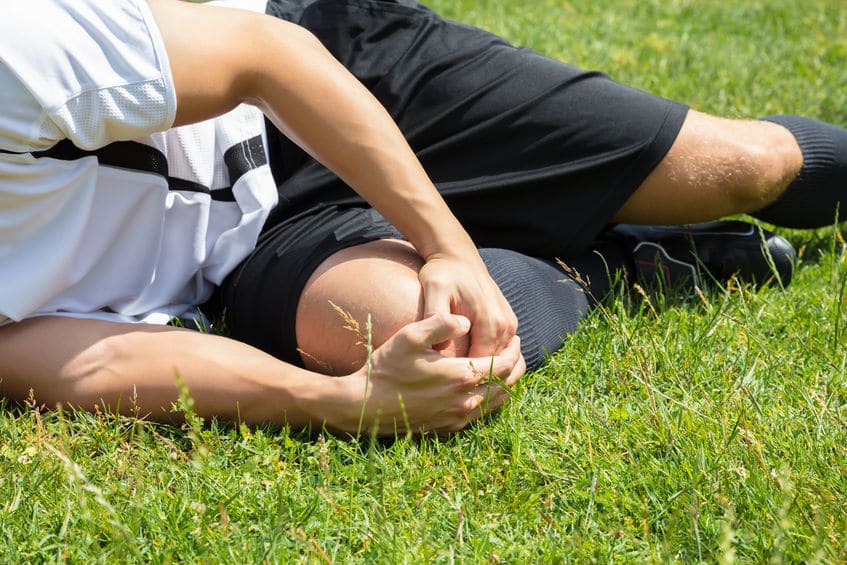
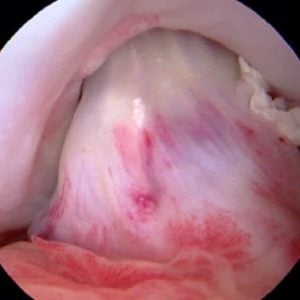
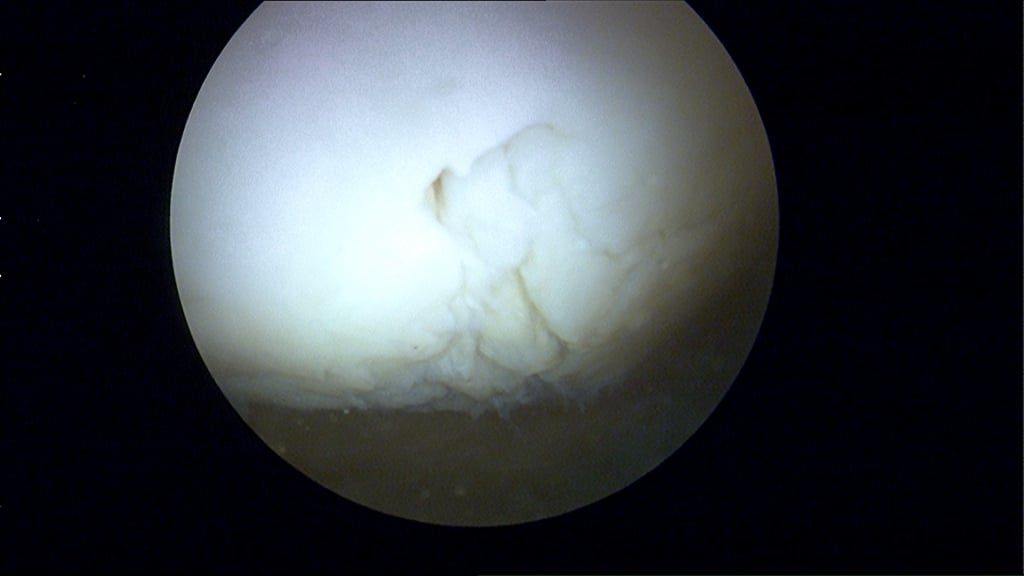
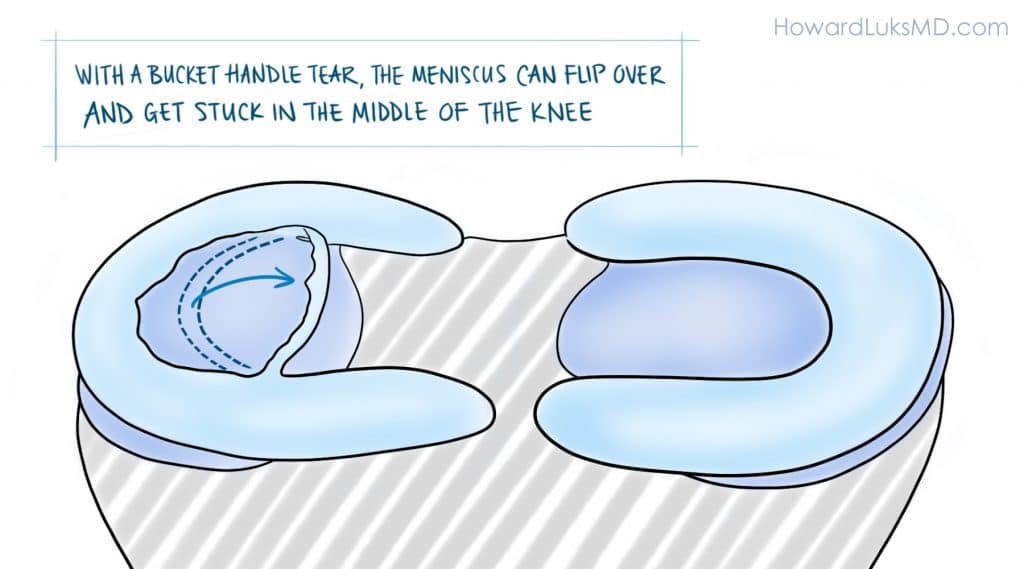
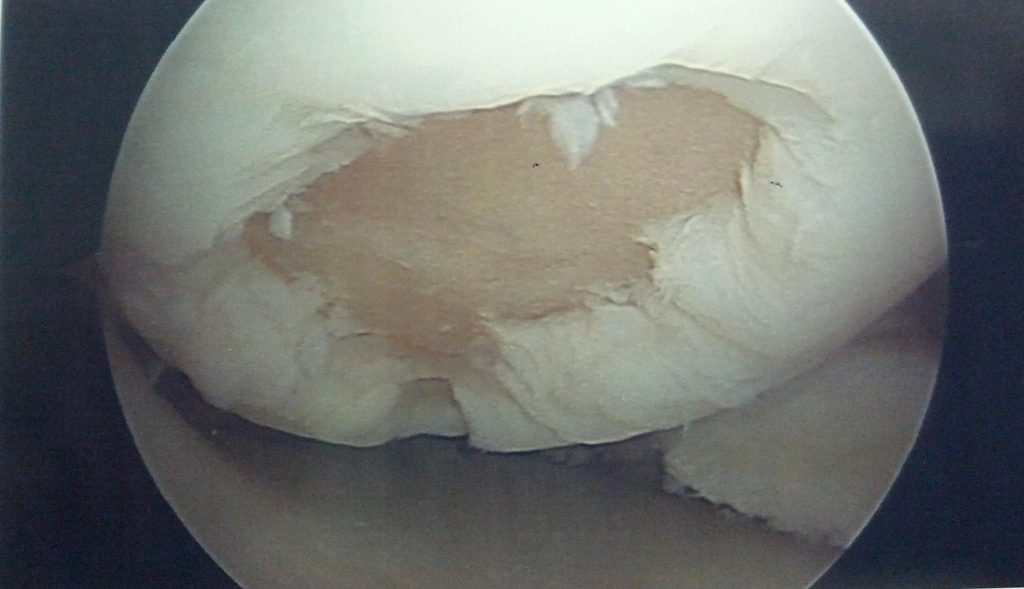
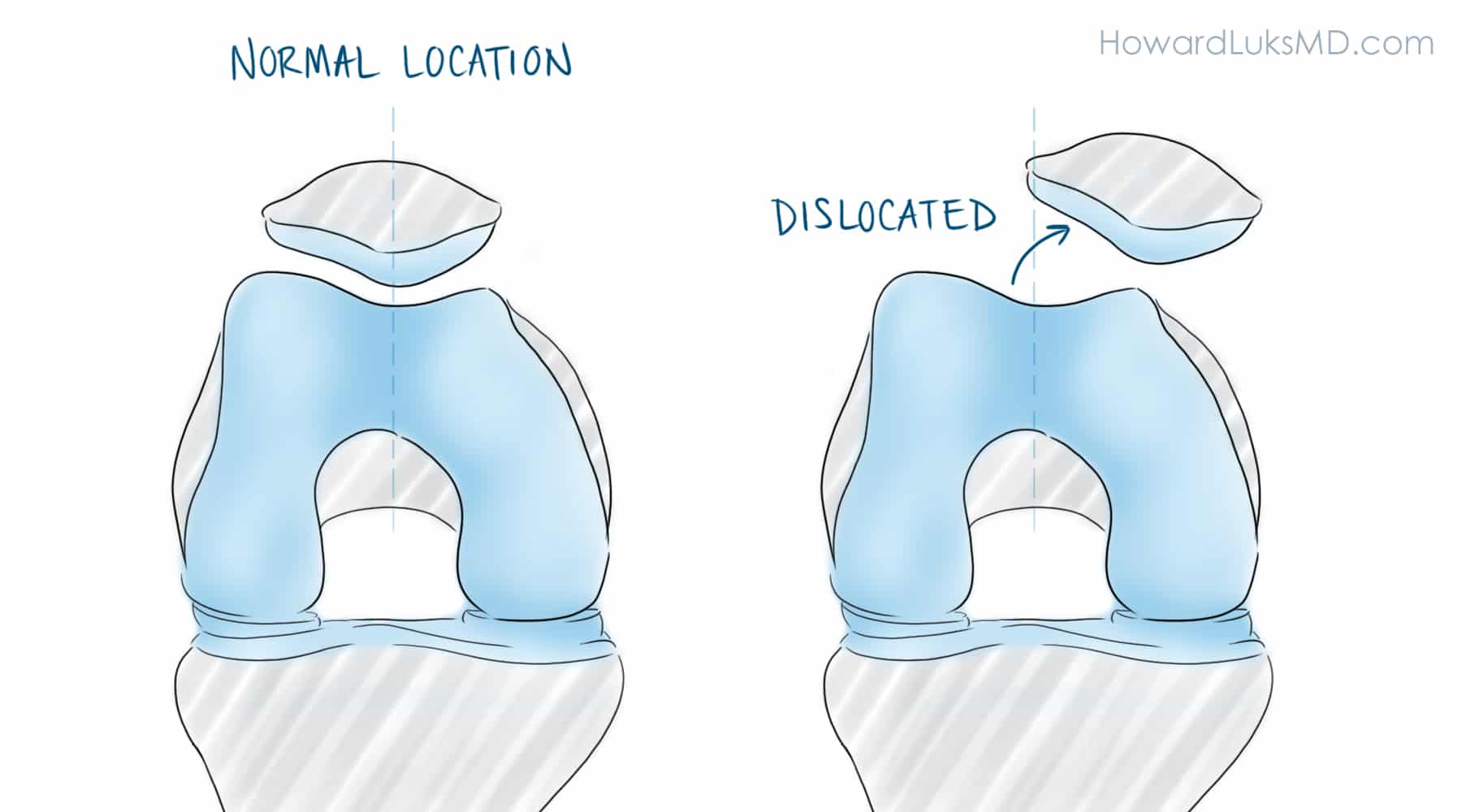
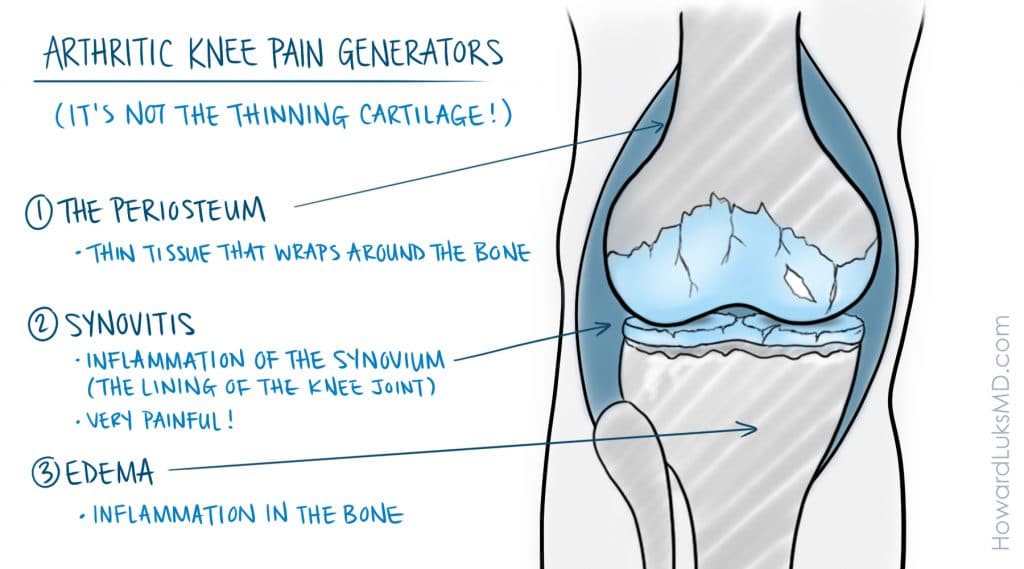


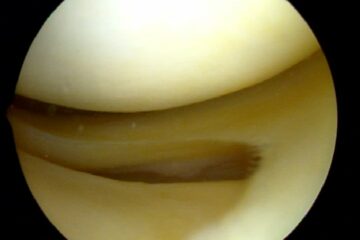
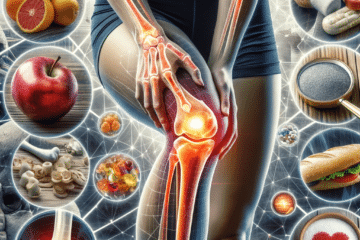
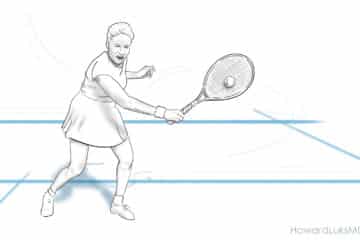









Hello,
I saw an orthopedic surgeon due to severe pain and swelling in my left knee last year. He suspected that I had a torn meniscus and ordered an MRI. The radiologist refused to do the procedure because I was a few months pregnant. I agreed to wait and return after I delivered. As my pregnancy progressed the symptoms nearly disappeared. I really felt like I was in the clear. Then 1 week after I had the baby the swelling and pain were back. I can barely walk around and going down stairs is impossible. I have an appointment to see the surgeon again but have you ever heard of pregnancy easing symptoms? I’m really disappointed that my miraculous recovery was false. :(
The pain from meniscus tears can come and go (irrespective of pregnancy)… that is very common, and that is the reason why many can go on without surgery. Not everyone will have significant pain. If the pain keeps recurring, and the pain is significant then other options can be reviewed with your surgeon.
About 3 weeks ago I had an operation to repair a torn meniscus in two places. Ever since, I’ve been in more pain than I was in before the operation. My doc gave me two cortesione injections but they haven’t helped at all yet. Yesterday I noticed that my knee started popping whenever I walked. Is the popping related to the operation and should I be concerned? Thanks so much for your help. ?
I am 15 years old, and have fractured both bones in my lower leg and broke my ankle and foot during a play in football. I had a full recovery and played baseball all summer with a knee and ankle brace. I noticed in about July that no matter what I was doing, straightening my leg would cause my knee to pop, and it feels like something in the back shifts. It is really painful and I can barely stand to play basketball anymore. Any feedback would be great, I have tried many times to look for a cause for this but have come up empty. Thank you!
Hi Caleb …
Popping in the knee can be due to a ligament injury and instability or it can be due to a meniscus tear. A good exam and perhaps an MRI can tell you more.
Good Luck
Hello, I had ACL reconstruction last year in September and meniscus repair. Everything was going great until like last month when I injured my right knee again due to an akward twist in the right side of my knee while playing soccer. I went to the doctor and he said it should be a sprain and I’m still waiting for my MRI appointment. My knee feels loose and when I bend it back and forth it clicks like its unstable but I can do light jogging and stuff but I’m scared because I don’t want another surgery. Help?
I wish I had good news for you … perhaps it is the mensicus tear … but it can be that your re-injured the ACL again too.
Sorry!
How does it feel the second time having surgery in the same knee? Is the pain different from the first time? When will I return again to sport activities?
Hey, so I’m 13 and during a Futsal (indoor soccer) game I was dribbling and a kid came and slide tackled into my knee. It had been sore/hurting before the game, but I thought nothing of it. When the kid hit me I when completely down and couldn’t move my knee and still can’t It’s been 3 days and if I put pressure on my knee it kills. I’ve iced it and laid down all day. I have a brace on it. I think it could be a tear in my PCL or LCL or something with my meniscus’s. Please Help!
Hi Alex .. you need to see an Orthopedist. Many reason why your knee can hurt at your age. An X-ray and examination is necessary.